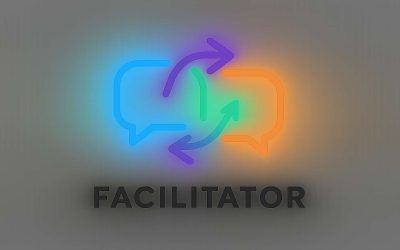
As a facilitator, you are in charge of leading and managing meetings or workshops. This can be a demanding role, as you have to ensure that everyone in the room participates and that they follow your instructions.
Having good facilitation skills can make you a valuable employee, and they are also an important skill to have if you want to advance your career in the workplace. To get a job as a facilitator, you need to have these skills:
Be an active listener
One of the most important facilitator skills is being able to listen actively and attentively. This can be difficult to master, but it is essential for effective group communication. By actively listening to your participants, you can be able to decipher what they are saying and help them with their discussion.
Ask questions to promote productive discussions
When you are a facilitator, it is your job to help your participants come up with solutions to their problems and encourage them to think critically about issues. This is the best way to ensure that you are helping your team members achieve their goals.
Use different techniques to engage all of your students
You will have to consider the types of participants you have in a class or workshop when determining your strategy for facilitating a discussion. Some of your students will have more knowledge than others, so you need to be able to find ways that will appeal to all of them. This can be done through the use of different methods, such as incorporating visual aids into your teaching style or having the students answer questions on their own.
Create a psychologically safe environment
The most effective facilitators are those who can create a psychologically safe environment for their participants. This is achieved by being empathetic to their attendees and creating a space that is open and welcoming. This allows them to discuss issues that might otherwise be uncomfortable and encourages them to talk about their feelings freely.
Be a great communicator
As a facilitator, you have to be able to convey your expectations to your students and give them clear instructions. You also need to be able to prompt further discussion by asking questions based on their contributions.
Be a leader
A great facilitator is able to inspire their attendees and ensure that they are achieving their goals. They are able to set clear expectations and encourage their participants to take responsibility for their own learning and development.
Be a ninja at remote work
In this increasingly virtual world, it is crucial that you be able to handle remote facilitation effectively. This can be a challenging task, especially if you are new to the profession, so it is best to learn as much as possible about how to do this correctly.
Develop a professional network
In order to become an effective facilitator, you will have to build relationships with your participants and be able to communicate effectively with them. This will enable you to keep them engaged throughout the entire process and make sure that they have a good experience.



0 Comments